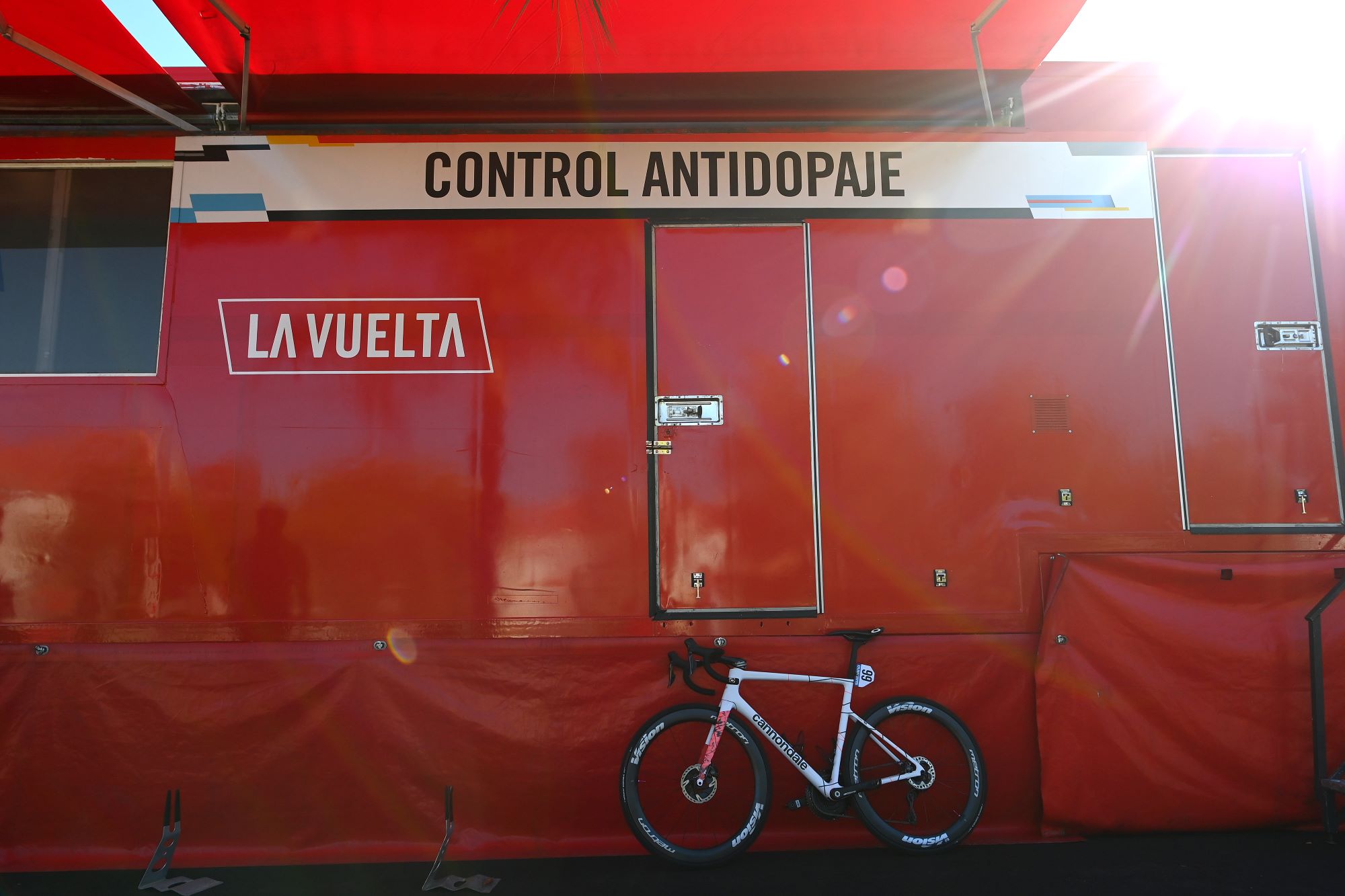
Professional cyclists could still be using methods, similar to those used by Lance Armstrong, to avoid testing positive during anti-doping tests, according to the full report from the Operación Ilex investigation.
Armstrong notoriously managed to avoid testing positive during his career despite using performance enhancing drugs, including EPO, during his seven Tour de France victories. During the heights of his career he remained defiant and insisted he was clean due to never returning a positive test result.
According to a report from Spanish outlet Marca, who carried out an in depth examination of the report from the doping investigation, athletes could still be using similar methods to those utilised by the Texan.
A university professor in Spain - Dr Marcos Maynar of the University of Extremadura - was recently part of the Ilex investigation, having been accused of assisting Colombian rider Miguel Ángel López with alleged doping by providing banned drugs to the former Astana Qazaqstan and Movistar climber.
López was eventually dropped by Astana in December 2022 after the initial links to Maynar materialised earlier in the year. He remains adamant that he has never used performance enhancing drugs.
In March this year it was revealed that López is now taking his former team to the Court of Arbitration for Sport (CAS) over what he claimed was an “unlawful” breach of his contract.
According to a report by Cyclingnews, privacy laws in Spain mean that doping controls at athletes’ homes between the hours of 23:00 and 06:00 am are not permitted. There have been occasions where the UCI has been able to obtain special permission from Spanish authorities but that has only been in extreme cases.
Information from the Civil Guard’s Public Health and Doping Section shows that riders in Spain would know that they have a large time window to enable their bodies to clear any illicit substances, before the hours in which testing is permitted in the country.
As well as not being permitted to carry out night time tests, anti-doping officers cannot visit athletes at weekends.
An anonymous anti-doping expert told Marca that riders could well be using this system to avoid detection.
They said: “They have studies in which they know how long the substance lasts in their body and that means that, for example, doctors can 'prescribe' a substance at 11:01 p.m. so that, at 6:00 in the morning, there is no longer a trace in your body.”
Cyclingnews' report explains that another area of concern for anti-doping authorities is the requirement for samples to be sent for analysis within 48 hours of being taken. This creates issues for countries with limited access to accredited laboratories.
As a result in Spain, for example, blood samples taken as part of out-of-competition testing can only be taken until midday on Thursday’s to enable officers to meet the 48 hour window.
The same anonymous source told Marca that this means riders are becoming even more aware of how they can manipulate the system.
They said: "From Thursday night to Sunday they [riders] can do whatever they want because almost certainly no one will check them.”







